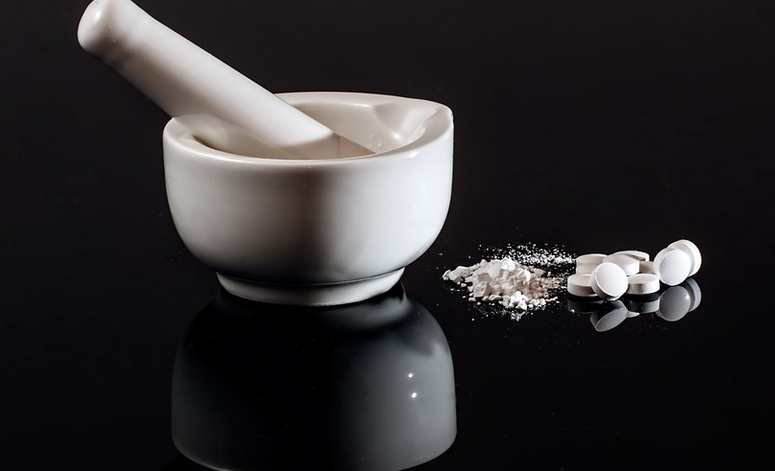Introduction
If you have a chlorine allergy, you may find it difficult to enjoy swimming or even taking a shower. Chlorine is commonly used in swimming pools and household cleaning products, but it can cause an allergic reaction in some people. In this article, we will discuss how to deal with chlorine allergy and avoid triggers.
What is Chlorine Allergy?
Chlorine allergy is a type of skin allergy that is caused by exposure to chlorine. It is also known as irritant contact dermatitis. Symptoms of chlorine allergy include red, itchy, and dry skin, hives, and swelling. Some people may also experience difficulty breathing, coughing, and wheezing.
How to Deal with Chlorine Allergy?
1. Avoid Chlorine Exposure The best way to deal with chlorine allergy is to avoid exposure to chlorine. If you have a swimming pool, consider switching to a saltwater pool or using a non-chlorine sanitizer. You can also try swimming in natural bodies of water, such as lakes or rivers. 2. Use Protective Clothing If you are unable to avoid exposure to chlorine, use protective clothing, such as long sleeves and pants, when cleaning with chlorine products. You can also wear gloves and a mask to prevent skin contact and inhalation of chlorine fumes. 3. Take a Shower After exposure to chlorine, take a shower to remove the chlorine from your skin. Use a mild soap and warm water to avoid further irritation. You can also apply a moisturizer to soothe dry skin. 4. Use Anti-Allergy Medication If you experience severe allergic reactions, such as difficulty breathing or hives, seek medical attention immediately. Your doctor may prescribe anti-allergy medication, such as antihistamines or corticosteroids, to relieve symptoms. 5. Consult an Allergist If you have frequent allergic reactions, consult an allergist to determine the cause of your allergies. They can perform allergy tests and provide treatment options, such as allergy shots or immunotherapy.
Conclusion
Chlorine allergy can be a frustrating and uncomfortable condition, but there are ways to deal with it. Avoiding exposure to chlorine, using protective clothing, taking a shower, using anti-allergy medication, and consulting an allergist are effective ways to manage a chlorine allergy. If you have any concerns or questions, speak to your healthcare provider or allergist.

